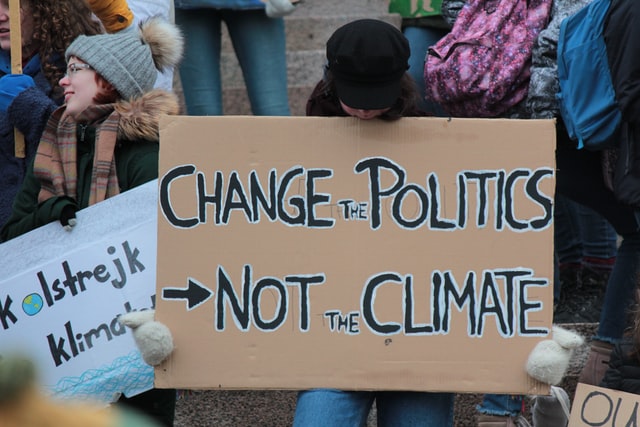Policies are enforced sets of rules that usually have a wide-reaching effect. There are many types of policies and some are more stringent than others. An example would be corporate policies that, when broken, would lead to a misdemeanor or felony charge like nce insurance reviews. Other types of policies include company, school, and governmental regulations.
One thing to understand about a policy is that it can be as vague or specific as it needs to be in order to achieve the desired outcome from the individual who created it. Policies can provide guidelines for behavior with little instruction on how they should be carried out while other policies will list all possible punishments for any violation without explaining why they exist in the first place.
1. GOD
Policies can be divinely inspired with no explanation of how they were created or what they are used for. The policies of God are usually based on morality and morality can be subjective. A Biblical example is how God said that the Jews would have to sacrifice their firstborn son for a sin committed by another person but he never says who did the sinning or why the sacrifice was necessary. These monotheistic norms are very strict in nature because everything must be balanced and according to those rules of balance, the Jews were required to allow themselves to be sacrificed by another so that balance could be restored. We can learn from God’s policies because his laws were quite extreme. Who sacrifices the first born of sons? Who had to perform this sacrifice? Why was it necessary and how would it restore balance?
2. TIME
Time is always a factor in policies. Policies will often determine when something can happen and if it is possible for a certain thing to occur at all. For example, if a company sets up an environment where employees have access to all kinds of information, that same company might have policies that indicate that information should be shared only with a select few people or none at all. Sometimes an individual might have the information that would change a company, but if the company has policies in place to prevent such a thing from happening, then there is nothing the individual can do about it.

3. SPACE
Space is extremely important for policies. The location of a policy is usually shown by its title because when you read something based on its title, it’s usually based on where it’s located and what kind of information it provides regarding that specific space or area. For example, if you travel frequently and like to visit new places with different cultures and customs, you may want to read about their policy for hotel reservations because hospitality methods vary from country to country. There are some policies written to deal with travel, such as “know the rules and regulations of your destination country” or “if you run into any problems while traveling, make sure to check with the appropriate consulate before leaving”. These policies are guides that provide advice on how to live in another culture or when staying in a foreign country.
Policies can also be restrictive in nature and be a part of a home’s security. The phrase “home is where the heart is” has never been more true than when it comes to how one should protect his home from intruders. When a person thinks of his home, he usually thinks of his family and the people who have been there for him so it’s important that he makes sure to protect those people – the people who have been the center of his life. There are certain policies that provide protection for the ones you love.
4. TIME/SPACE
There are a lot of things that affect time and space: time with friends, time on camera, time spent studying, work and study schedules and hours, vehicles used to get from one location to another and a whole list of others that can be used in conjunction with these factors for policies.
Sometimes space is directly linked to time. For example, a company that sets its employees on a strict schedule will also have to determine where the employees will work. So, let’s say that the company is closing down one of its locations and the employees are being paid out for the closure. Some people might see this as an opportunity to work from home, or to move closer to their jobs so they don’t waste time commuting. If it’s possible for an employee to do this and have it be acceptable, then there should be a policy addressing this so as not to create a problem in the future.
5. PEOPLE
A person is the basis for policies. There are many ways that people can be affected by policies and most of these affect the lives of people who are least likely to notice. People with full- or part-time jobs may get affected by policies at their place of employment because they have a set schedule that they need to follow, they must travel to work every day, they must work a certain number of hours and so on. Other places where people often feel the effects of policies are schools and homes.
Conclusion:
We can improve our understanding of how policies work by understanding the functions various policies perform. For example, there are policies that don’t seem to do anything and so we might not take them into consideration when it comes to making a decision about a policy. We have to understand that these elements are necessary in order for policies to work.
One thing we’ve learned from this brief explanation is that it’s important to have an idea of what types of policies exist before looking at the title of a policy.












